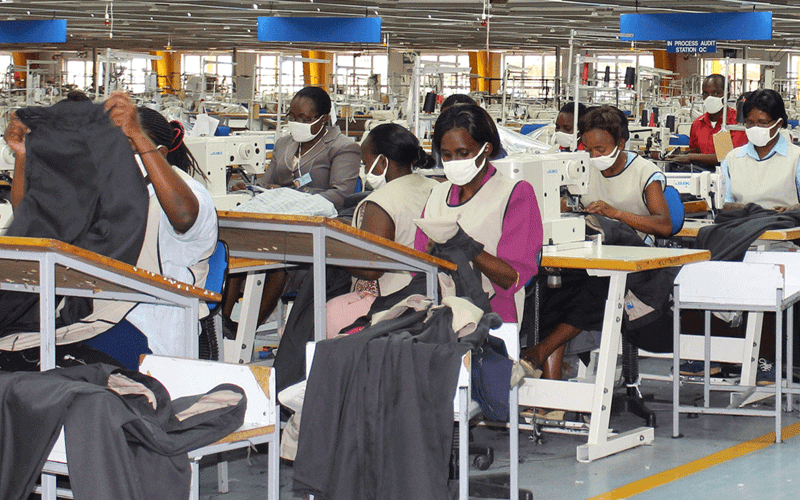World Bank calls for deepening of global value chains
By Zachary Ochuodho, January 22, 2020Kenya has been advised to deepen its trade relations with other regional economies to benefit from the Global Value Chain (GVC) in raising its economic growth, creating jobs and reducing the level of poverty.
For developing countries, especially Kenya to benefit from the GVC they have to ensure that they have good economic policies.
World Bank senior vice-president Pinelopi Koujianou Goldberg said GVCs powered the surge of international trade after 1990 and now account for almost half of all trade.
“Since 2008 the growth of trade has been sluggish and the expansion of GVCs has stalled,” said Goldberg who is also chief economist at the World Bank.
She said the new technologies could draw production closer to the consumer and reduce the demand for labour but conflicts among large countries could lead to retrenchment or a segmentation of GVCs.
Predictable policies
Goldberg said GVCs can continue to boost growth, create better jobs and reduce poverty provided developing countries implement deeper reforms to promote participation, industrial countries pursue open, predictable policies, and all countries revive multilateral cooperation.
“Many of the traditional approaches to industrial policy, including tax incentives, subsidies and local content requirements are likely to distort production patterns in today’s GVC context,” she said.
She said there is a need for countries to get policies which will address GVCs by strengthening their domestic capacity to support upgrades in value chains and that countries should invest in human capital.
According to the World Bank report titled, Trading for development in the age of Global Value Chain launched on Monday in Kenya, improving the business and investment climate for GVCs on a national scale can be costly and take time, but its pays at the end.
The study reveals that successful supplier linkage programmes have been witnessed in Chile and Guinea in mining, Kenya and Mozambique in agriculture and the Czech Republic in the electronics and automotive sectors.
It also points out that East Asia, Europe and North America are engaged in advanced manufacturing and services GVCs and innovative GVC activities, whereas Africa, Central Asia, and Latin America are mostly concentrating on commodities and limited manufacturing GVCs.
University of Nairobi Development Studies lecturer Karuti Kanyinga said countries can connect domestic small and medium enterprises (SMEs) with leading firms in GVCs by supporting training and capacity building while providing information to lead firms about supply opportunities.
Displaced workers
Kanyinga said for SMEs to succeed, they need to increase their quality standard in order to raise their value chain and be able to compete with others.
University of Nairobi Institute for Development Studies senior research fellow Paul Kamau said taxing capital has increasingly become difficult in an era of global firms, fragmented production and growth in intangible assets such as intellectual property.
“Cooperation should ensure fair access to tax revenues— which rich countries need to help displaced industrial workers while poor countries need the same to build infrastructure,” he said
He said unless Africa got it right on infrastructure and communication, there is no way it would increase its intra-trade because the two components were critical for the successful.
More Articles

